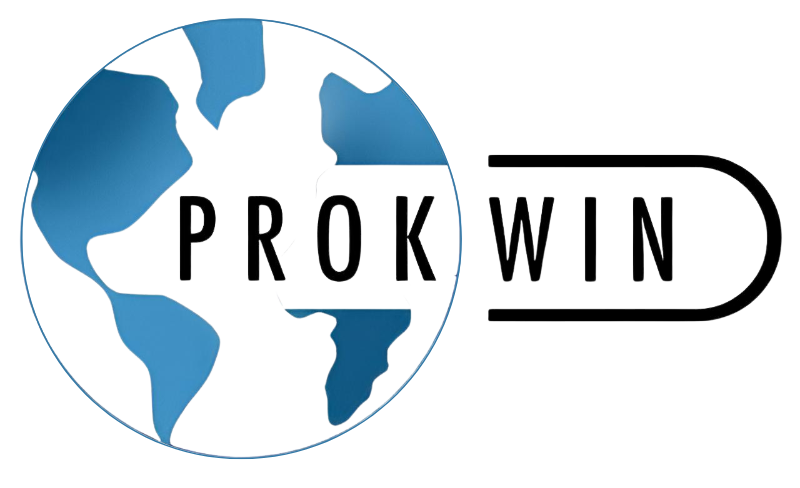The water crisis in Africa is a complex issue with far-reaching consequences. Climate change is leading to more frequent and severe droughts, affecting water availability and quality. The rapid growth of Africa’s population is increasing demand for water resources, particularly in urban areas. Inadequate infrastructure, lack of investment, and inefficient water management practices contribute to water scarcity and waste.
The Role of Procurement in Addressing the Water Crisis
Procurement is essential for addressing the water crisis in Africa. By sourcing necessary infrastructure, investing in technology, promoting sustainable water management, and supporting local communities, procurement can help to improve water access and quality:
Dam construction in Africa is the Julius Nyerere Hydropower Project in Tanzania. 1 This massive project involves building a 2,115 MW dam on the Rufiji River, which is expected to be one of the largest hydroelectric dams in Africa when completed & procurement is playing a strategic role.
Water Treatment Plants: Procurement is necessary for acquiring the equipment, chemicals, and expertise needed to build and operate water treatment plants. The Dar es Salaam Water and Sewerage Authority (DAWASA) in Tanzania has implemented several water treatment projects, including the Kinyonga Water Treatment Plant, to improve water quality in the city.
Desalination Plants: Procurement is essential for sourcing the equipment and technology needed to build desalination plants, which can be used to convert seawater into freshwater. Countries like Morocco and South Africa have invested in desalination plants to address water scarcity in coastal regions.
Smart Water Meters: Procurement can facilitate the adoption of smart water meters, which can help to reduce water wastage and improve water management. Kenya has been a pioneer in the use of smart water meters, with several cities implementing these technologies.
Promoting Sustainable Water Management:
- Water-Efficient Appliances: Procurement can support the adoption of water-efficient appliances, such as low-flow toilets and showerheads, which can reduce water consumption.
- Rainwater Harvesting: Procurement can facilitate the installation of rainwater harvesting systems, which can capture and store rainwater for use in irrigation and other purposes.
- Wastewater Treatment: Procurement can support the development of wastewater treatment plants to recycle and reuse treated wastewater for irrigation and industrial purposes.
Supporting Local Communities:
- Community-Based Water Projects: Procurement can support community-based water projects, such as the construction of wells and rainwater harvesting systems.
- Local Supplier Development: Procurement can help to develop local suppliers by providing them with contracts and opportunities to participate in water infrastructure projects.
These are just a few examples of how procurement can improve water access and quality in Africa. By effectively managing these aspects of procurement, governments and businesses can contribute to a more sustainable and equitable future for the continent.
Key Companies and Projects
Several major companies are actively involved in the African water sector, implementing large-scale projects to address the water crisis:
#Veolia: A French multinational company, Veolia is one of the world’s largest water and waste management companies. They have numerous projects underway in Africa, including the construction of water treatment plants in countries like South Africa, Egypt, and Morocco.
#Suez: Another French multinational, Suez, is also a major player in the African water sector. They have projects in countries like Senegal, Kenya, and Angola, focusing on water treatment, wastewater management, and desalination.
#Grundfos: A Danish company specializing in pumps, Grundfos has a significant presence in Africa. They have supplied pumps for various water infrastructure projects, including irrigation systems and drinking water supply networks.
#Watercare Innovations: A South African-based company, Watercare Innovations provides water treatment solutions for industrial, municipal, and residential sectors. They have projects in countries like Botswana, Zimbabwe, Zambia, Congo, Tanzania, and Ethiopia.
Challenges and Opportunities
Addressing the water crisis in Africa presents significant challenges, including limited infrastructure, financial constraints, and technical expertise. However, the water crisis also presents opportunities for businesses and governments to innovate and develop sustainable solutions.
Conclusion
The water crisis in Africa is a complex challenge that requires a multifaceted approach. Procurement plays a crucial role in addressing this crisis by sourcing necessary infrastructure, investing in technology, promoting sustainable water management, and supporting local communities. By overcoming the challenges and seizing the opportunities presented by the water crisis, Africa can ensure a sustainable and equitable future for its people.
#water #industry #procurement
BONUS
Here is a great article !

No responses yet